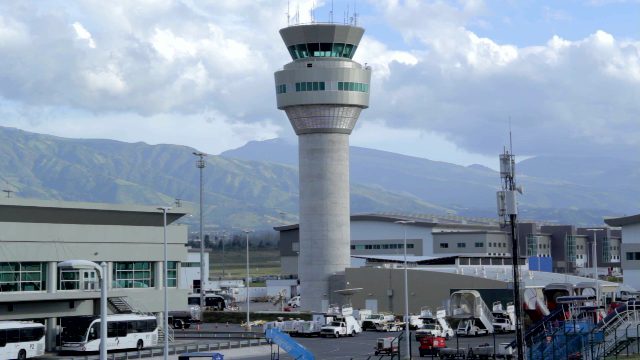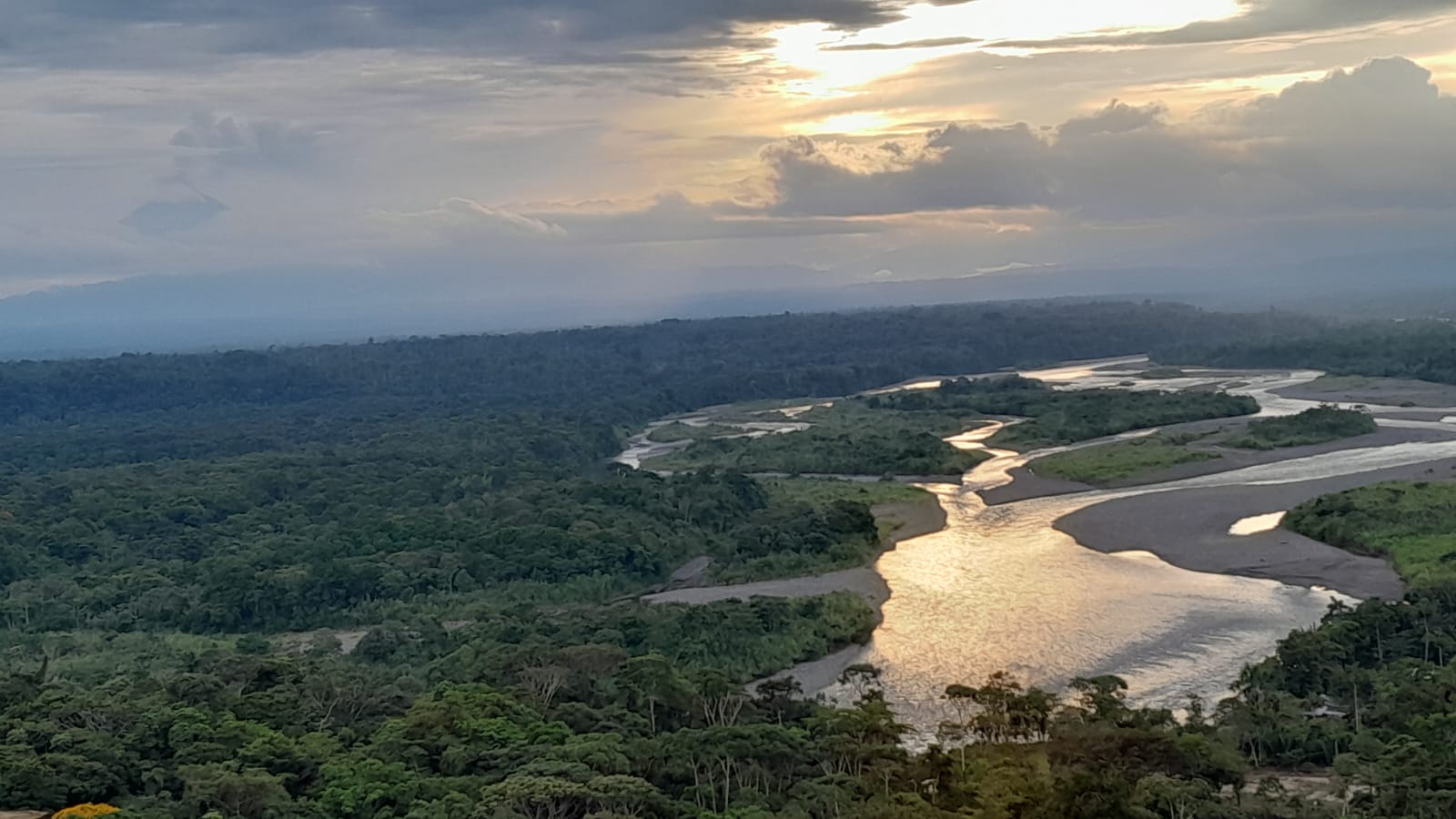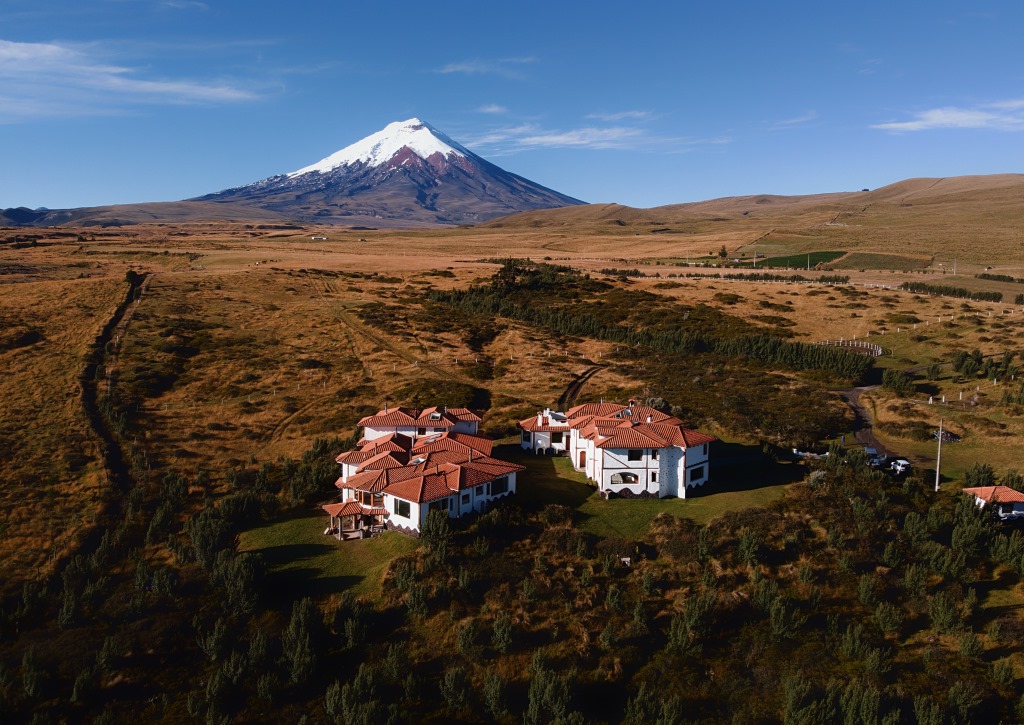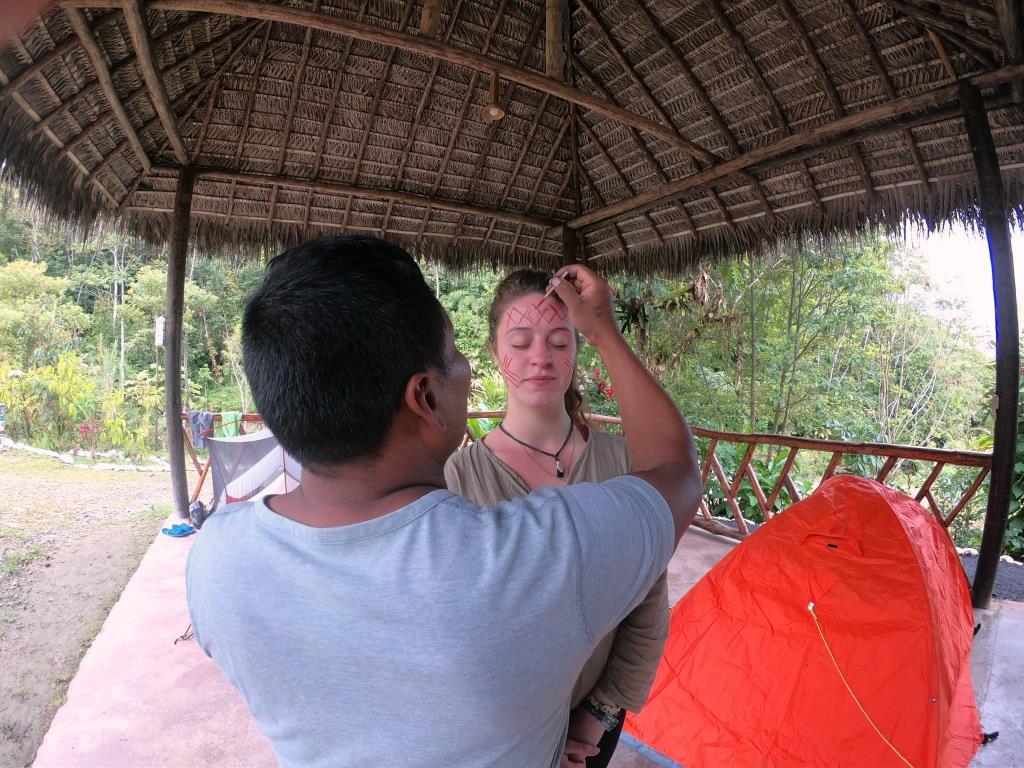Is Ecuador Safe to Visit in 2025? Essential Travel Safety Tips
Traveling to a new country always brings a mix of excitement and questions—chief among them, “Is it safe?” Ecuador, with its snow-capped volcanoes, Amazon rainforests, colonial towns, and the bucket-list-worthy Galápagos Islands, continues to attract travelers from all over the world. But is Ecuador safe to visit in 2025?
Let’s dive into the latest updates, regional safety advice, and practical travel tips to ensure you have a secure and unforgettable experience in this beautiful Andean country.
Current Safety Situation in Ecuador (2025 Update)
Ecuador has faced several social and economic challenges in recent years, including rising inflation, unemployment, and occasional political unrest. These issues have led to an uptick in crime, particularly in urban areas like Quito and Guayaquil.
However, this doesn’t mean you should cross Ecuador off your travel list. With proper precautions, situational awareness, and smart planning, most visitors enjoy their time here safely. In fact, tourism remains one of Ecuador’s strongest industries, and many areas are well-equipped to welcome international guests.
Is Ecuador Safe for Tourists?
Yes—but with caveats. While most tourists enjoy trouble-free visits, it’s crucial to stay alert and follow safety guidelines. Petty crime is the most common issue—think pickpocketing, phone snatching, or bag theft—especially in busy areas and on public transportation.
On the bright side, major tourist destinations such as the Galápagos Islands, Baños, Otavalo, Cuenca, and the Amazon regions tend to be very safe due to increased police presence and lower crime rates. Many travelers also report feeling safer when using local guides or organized tours.
Top Safety Tips for Traveling in Ecuador
To help you stay safe and relaxed, here are essential tips based on local insights and up-to-date travel data:
Need help planning your visit to Ecuador?



Top Safety Tips for Traveling in Ecuador
To help you stay safe and relaxed, here are essential tips based on local insights and up-to-date travel data:
1. Use Authorized Transportation
-
Only use official airport taxis or pre-arranged transfers.
-
In cities, use ride-hailing apps like Uber or Cabify in Quito and Guayaquil.
2. Avoid Late-Night Arrivals
-
Try to book flights that arrive during daylight hours.
-
If you land late, book a hotel near the airport and travel onward the next day.
3. Limit What You Carry
-
Carry only what you need for the day: a small bag, some cash, a copy of your ID, and your phone.
-
Leave passports, extra cards, and valuables in your hotel safe.
4. Be Smartphone-Smart
-
Avoid texting or taking photos in crowded streets where snatching is common.
-
Use your phone discreetly or step inside a cafe or store when checking maps.
5. Stay Away from Public Transit in Cities
-
Local buses in Quito and Guayaquil are hotspots for theft.
-
Use private transport options or take guided tours to explore.
6. Keep Valuables Close on Intercity Buses
-
Place your bag on your lap or between your feet.
-
Never store anything valuable in the overhead bin or under the seat.
7. Avoid Walking Alone After Dark
-
Call a taxi or use an app, even for short distances.
-
This is especially important in less crowded neighborhoods and after 5 PM.
8. Stick to Daytime Activities
-
Plan sightseeing, hiking, and excursions during daylight.
-
Tourist areas are livelier and better patrolled during the day.
9. Choose Safe Accommodations
-
Look for hotels or hostels with good reviews and secure facilities.
-
In cities, stay in central, well-lit neighborhoods.
10. Consider Booking Guided Tours
-
Local guides not only enhance your experience but also improve safety.
-
Tour operators like EcuaTouring can customize safe day trips and multi-day tours.
11. Be Smart with Rental Cars
-
Car rentals are best for countryside or inter-city travel, not urban driving.
-
If renting, drive only during the day and be cautious in rural or unfamiliar areas.
12. Watch for Common Scams
-
A popular scam involves someone spilling something on you while an accomplice steals from you. Walk away immediately.
-
Be wary of overly friendly strangers offering unsolicited help.
13. Practice Club and Bar Safety
-
Watch your drinks, avoid accepting drinks from strangers, and don’t leave your glass unattended.
-
Go out with trusted people and keep your personal items close.
Regional Safety Overview
Quito
The capital city offers amazing views, colonial architecture, and vibrant markets. However, pickpocketing is common in La Mariscal, Centro Histórico, and El Ejido Park. Stick to tourist-frequented areas and take taxis at night.
Guayaquil
Ecuador’s largest city has experienced higher rates of violent crime in 2024–2025. While the Malecón 2000 and Las Peñas neighborhoods are generally safe during the day, stay vigilant and avoid walking alone at night.
The Galápagos Islands
Very safe for travelers. The islands have tight regulations and a small, tourism-focused community. Crime is almost nonexistent.
Cuenca
This charming colonial city is popular among expats and retirees. It has a very low crime rate and is considered one of the safest cities in Ecuador.
Baños, Otavalo, and the Amazon
These areas are generally very safe for tourists, especially when visiting with a guide or on an organized tour.
Should You Still Visit Ecuador in 2025?
Absolutely! Ecuador remains one of South America’s most rewarding destinations. From the Andean highlands to the Amazon jungle and Pacific coast, Ecuador’s natural beauty, biodiversity, and rich culture make it an unforgettable travel experience.
By staying informed, taking reasonable precautions, and respecting local customs, you can explore the country with peace of mind.
Final Tips Before You Go
-
Register with your embassy or consulate before traveling.
-
Get travel insurance that covers theft, health, and unexpected changes.
-
Learn basic Spanish phrases to help you navigate more confidently.
-
Support local businesses by booking with ethical, licensed tour operators.
-
Respect local advice—if a hotel or guide recommends avoiding a certain area, take it seriously.
Related Articles
If you found this guide helpful, check out these other Ecuador travel articles:




